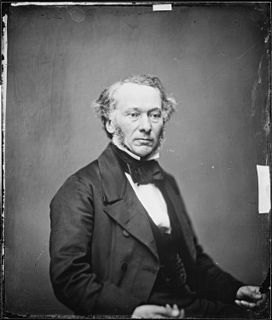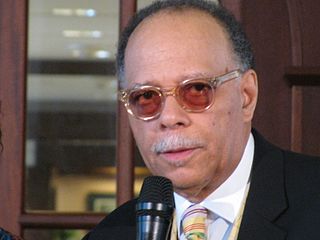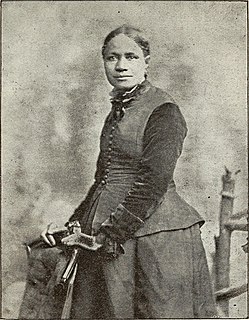A Quote by Chris Hedges
We've bought into the idea that education is about training and "success," defined monetarily, rather than learning to think critically and challenge. We should not forget that the true purpose of education is to make minds, not careers. A culture that does not grasp the vital interplay between morality and power, which mistakes management techniques for wisdom, which fails to understand that the measure of a civilization is its compassion, not its speed or ability to consume, condemns itself to death.
Quote Topics
Ability
About
Between
Bought
Careers
Challenge
Civilization
Compassion
Consume
Critically
Culture
Death
Defined
Does
Education
Fails
Forget
Grasp
Idea
Itself
Learning
Make
Management
Measure
Minds
Mistakes
Morality
Power
Purpose
Purpose Of Education
Rather
Should
Speed
Success
Techniques
Than
Think
Training
True
True Purpose
Understand
Vital
Which
Wisdom
Related Quotes
Edward Snowden's real "crime" is that he demonstrated how knowledge can be used to empower people, to get them to think as critically engaged citizens rather than assume that knowledge and education are merely about the learning of skills - a reductive concept that substitutes training for education and reinforces the flight from reason and the goose-stepping reflexes of an authoritarian mindset.
The breakdown of Plato's philosophy is made apparent in the fact that he could not trust to gradual improvements in education to bring about a better society which should then improve education, and so on indefinitely. Correct education could not come into existence until an ideal state existed, and after that education would be devoted simply to its conservation. For the existence of this state he was obliged to trust to some happy accident by which philosophic wisdom should happen to coincide with possession of ruling power in the state.
Success is in the student, not in the university; greatness is in the individual, not in the library; power is in the man, not in his crutches. A great man will make opportunities, even out of the commonest and meanest situations. If a man is not superior to his education, is not larger than his crutches or his helps, if he is not greater than the means of his culture, which are but the sign-boards pointing the way to success, he will never reach greatness. Not learning, not culture alone, not helps and opportunities, but personal power and sterling integrity, make a man great.
For my part, I desire to see the time when education - and by its means, morality, sobriety, enterprise and industry - shall become much more general than at present, and should be gratified to have it in my power to contribute something to the advancement of any measure which might have a tendency to accelerate the happy period.
Here in the U.S., culture is not that delicious panacea which we Europeans consume in a sacramental mental space and which has its own special columns in the newspapers - and in people's minds. Culture is space, speed, cinema, technology. This culture is authentic, if anything can be said to be authentic.
If you should prefer to understand that children are those human beings who have not yet found the grasp of their own minds, then the task you have given yourself, that task of rearing a child wisely and well, is suddenly transformed from indoctrination to education, in its truest sense, and made not only possible but even likely--provided, to be sure, one little prerequisite, which is that you are not a child, that you have come into the grasp of your mind.
Energy, health care and education are just three examples of areas in which information and information management are critically important. How are we using our energy? What appliances in homes or business are consuming the most energy? When do they consume it? Can the load be shifted? How efficient are these devices?
The education of our people should be a lifelong process by which we continue to feed new vigor into the lifestream of the Nation through intelligent, reasoned decisions. Let us not think of education only in terms of its costs, but rather in terms of the infinite potential of the human mind that can be realized through education. Let us think of education as the means of developing our greatest abilities, because in each of us there is a private hope and dream which, fulfilled, can be translated into benefit for everyone and greater strength for our Nation.
One of the great tragedies of modern education is that most people are not taught to think critically. The majority of the world’s people, those of the West included, are taught to believe rather than to think. It’s much easier to believe than to think. People seldom think seriously about that which we are taught to believe, because we are all creatures of imitation and habit.
I envy neither the heart nor the head of any legislator who has been born to an inheritance of privileges, who has behind him agesof education, dominion, civilization, and Christianity, if he stands opposed to the passage of a national education bill, whose purpose is to secure education to the children of those who were born under the shadow of institutions which made it a crime to read.
































